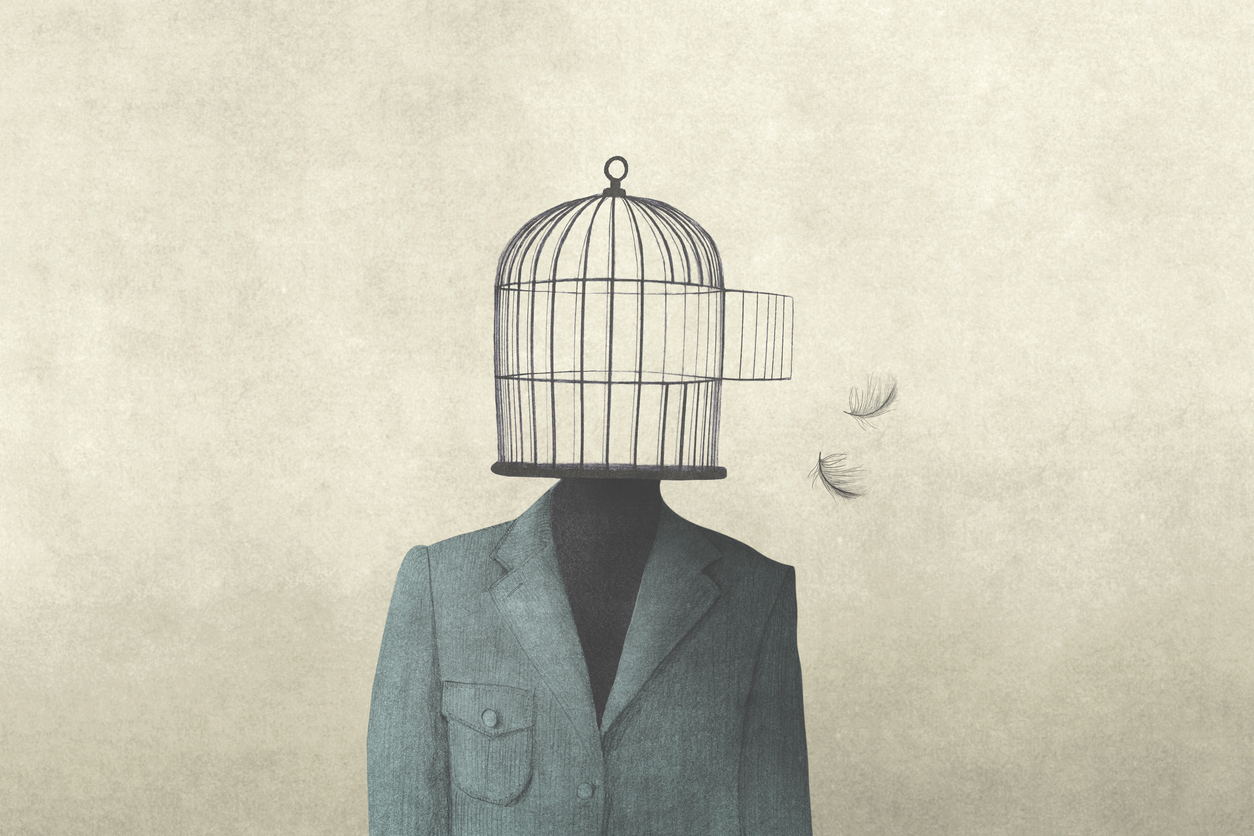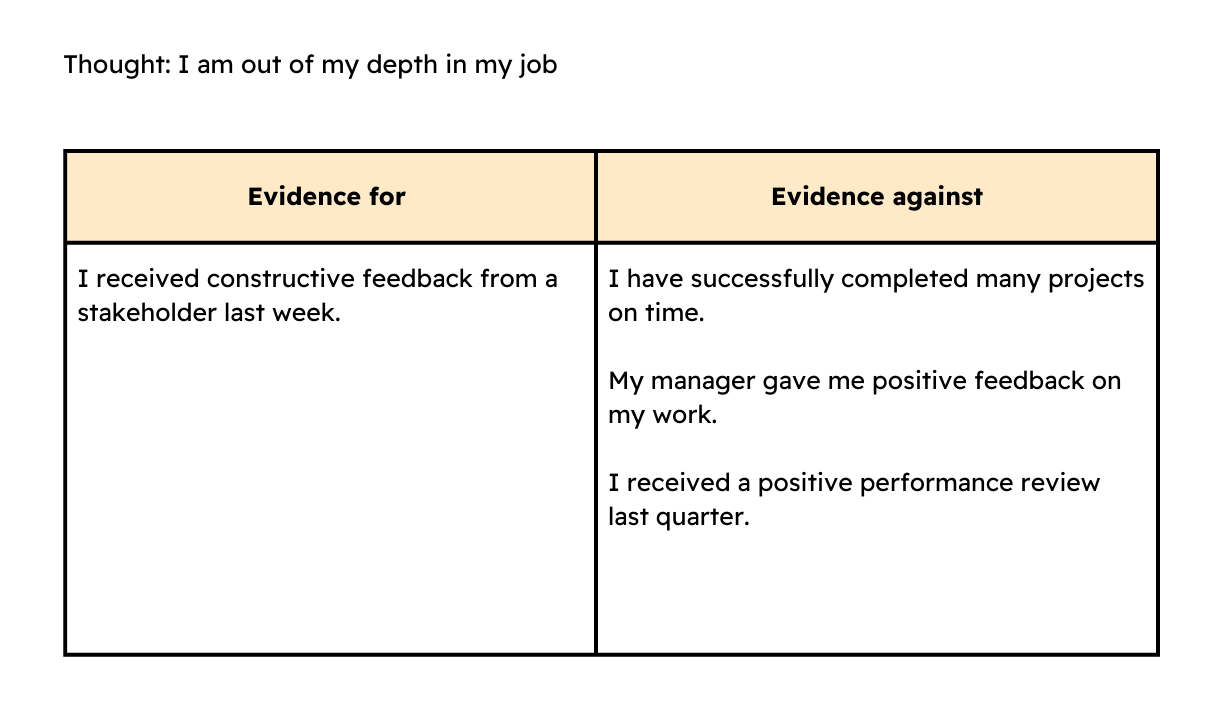Understanding and overcoming common thinking traps
Understanding and overcoming common thinking traps
5 minutes

Our minds are powerful tools, capable of incredible feats of reasoning and creativity. However, they are also prone to certain cognitive pitfalls known as thinking traps. These mental habits can distort our perception, hinder our decision-making, and lead to unnecessary stress. By recognising and addressing these pitfalls, we can cultivate healthier thought patterns and make more balanced decisions.
Here are the five common thinking traps most people fall into:
It’s important to acknowledge that these thinking traps can sometimes run deeper than we realise. They can significantly impact our mental health, leading to anxiety, depression, and other emotional issues. If you find that these thinking patterns are overwhelming or persistent, these strategies should help.
One effective method to overcome these traps is to put your thoughts on trial. This involves examining your thoughts as if they were in a courtroom, looking at both the prosecution (negative thoughts) and the defense (positive thoughts), and then reaching a balanced verdict.
For example, let’s put the thought “I am a failure at my job” to trial”. List down all the evidence for and against this thought and arrange them in a table like the one below.

Based on evidence above, the employee can conclude that even though there might have been some setbacks, he or she has also achieved many successes at his or her job. The evidence suggests that one mistake doesn’t define a person’s overall performance.
So, whenever you feel like you’re jumping to conclusions, challenge your initial negative assumptions by seeking evidence and considering alternative explanations.
Incorporate positive self-talk and affirmations into your daily routine to reinforce balanced thinking. Remind yourself, “I am capable and prepared,” or “It’s okay to make mistakes and learn from them.” Encourage yourself with thoughts like, “I am doing my best,” and “Others might have their own reasons for their actions that have nothing to do with me.”
Research shows that positive self-talk can boost self-esteem, reduce anxiety, and improve overall mental health. It helps rewire the brain to focus on constructive, rather than destructive, thoughts.
Another tip for overcoming thinking traps is writing it down. This is a very powerful technique to get your self-doubting thoughts on paper because you can then see and read what you’re thinking about.
By externalizing these thoughts, you gain a clearer perspective, which helps in analyzing and challenging them. This process allows you to identify patterns and triggers, making it easier to develop strategies to counteract negative thinking. Additionally, writing can provide emotional relief, reducing the intensity of negative emotions and promoting a more balanced and objective viewpoint.
If you’re struggling with these thinking traps and finding it hard to manage them on your own, don’t hesitate to seek help. You are not alone in your way of thinking.
If you need help dealing with tasks or understanding procedures, ask for help. There’s always someone in the workplace to help you. Identify a person in the workplace that can help you. For example, if you’re having performance issues, you can talk to your manager or supervisor for guidance. Or if it’s an HR issue, talk to your admin or HR people. You don’t have to deal with it all by yourself because that would only bring you more stress and anxiety.
Most companies also have Employee Assistance Programs (EAPs) that offer confidential support for a variety of personal and work-related issues. As a Hello Monday participant, you’ll get access to our EAP provider and get access to counseling, stress management resources, and other helpful services.
Follow our 3 practical steps on how to seek help when you encounter personal or work-related challenges.
Recognise that you are not alone in facing these challenges. Everyone falls victim to these traps at some point in their lives. You might not notice it, but if you ask around, you’ll know that many people have faced similar struggles. These thinking traps are more common than you think, and it is normal to feel this way.
Reaching out can help you realise that these challenges are a common part of the human experience, and you can find strength in knowing others have successfully navigated them.
Hellomonday